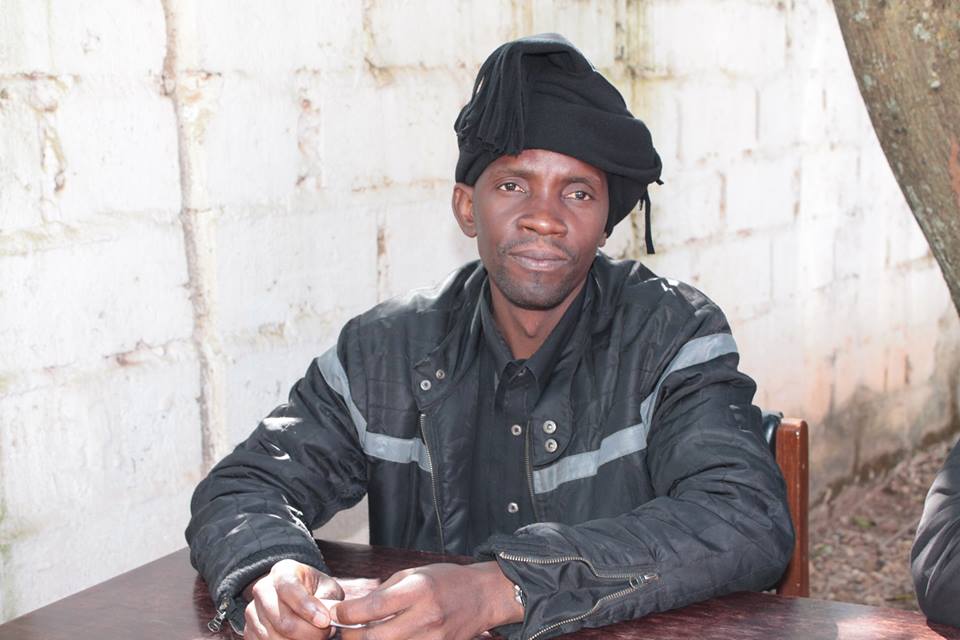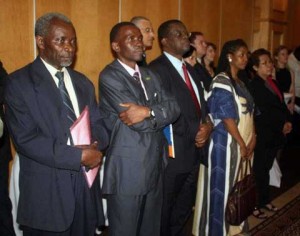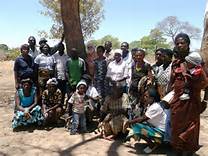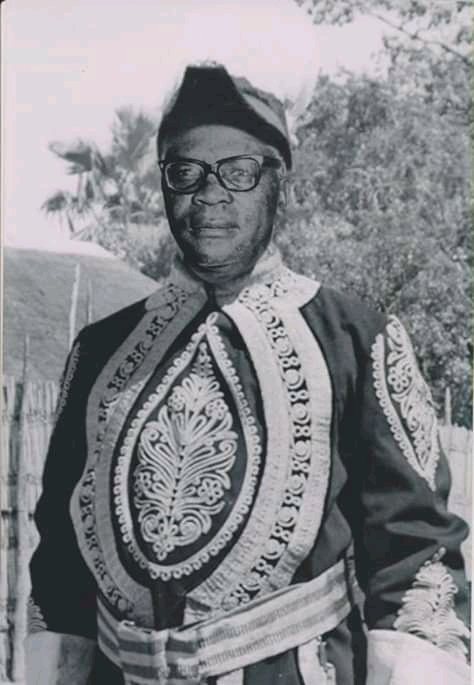MacDonald Chipenzi laments law female MPs
Notice: Undefined index: catFilterList in /home/zambi/public_html/wp-content/plugins/wp-likes/api.php on line 243
By Derrick Sinjela published on Monday 11th July 2011
THERE are few female policy makers in the Zambian Parliament thus making it impossible for the 2015 Millennium Development Goals ((MDG’s) to be achieved laments Foundation for the Democratic Process (FODEP) Executive Director, MacDonald Chipenzi.

Foundation for the Democratic Process (FODEP) Executive Director, MacDonald Chipenzi

Chipenzi expressed regret that the outcome of the Tuesday, 20th September 2011 elections had worsened and confined women to the periphery of the Zambian political system as only 11 female Members of parliament (MPs) were eventually elected.
The FODEP Executive Director cried foul that the reduced number of female MPs had further negated the Zambian dream of attaining equal participation of women in all spheres of national development.
However, the FODEP Chief Executive Officer acknowledged President Michael Chilufya Sata’s appointment of female Provincial Commissioners of Police and several key public institutions and portfolio’s.

Michael Chilufya Sata with Secretary General Wynter Kabimba and Spokesperson Given Lubinda at Lusaka City Council pix by Derrick Sinjela
Chipenzi said the number of female MPs was low thus making it difficult for Zambia to meet the 2015 United Nations inspired MDGs.
Further, FODEP raised fear that the drop in female parliamentarians would result in Zambia failing to comply with the 30% Southern African Development Community (SADC) Gender Protocol.

African Community Project in ZIMBA villages Mufulira District Copperbelt Province Zambia
“Women have always been on the receiving end and used as dancers at political events. We have observed that women are the highest voters during the elections. 50.1% of our population are women but when it comes to representation women hold the lowest level,” Chipenzi said.
Chipenzi said only 17 women were in the Zambian Parliament representing 11 per cent while out of the 1000 councilors, only 85women were elected.
The FODEP Executive Director expressed disappointment that all eight slots for nominated MPs was recently reserved for men.
‘We have 17 female MPs and just 85 councilors. Policy makers must push for gender parity in parliament local government structures. It is sad that Zambia is now the fourth ( 4th ) lowest ranked nation in relation to the SADC Gender Protocol,” observed Chipenzi.























